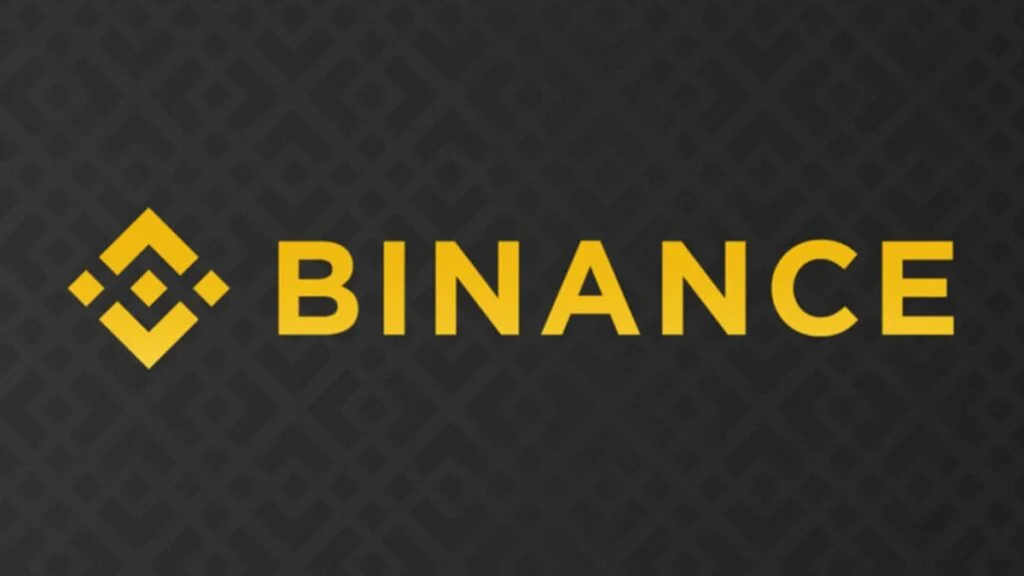According to an announcement from the cryptocurrency exchange Binance, residents of Argentina can now convert their local cash into crypto assets.

The exchange’s offerings have recently been expanded in South America, a region that has shown to be particularly open to cryptocurrencies.
According to the announcement made on April 4, customers in Argentina will be able to exchange pesos for cryptocurrencies on the platform thanks to a local business partner.
Maximiliano Hinz, the director of Binance for Latam Cono Sur, expressed his enthusiasm for the new service and characterized it as a manifestation of the exchange’s dedication to giving its customers’ demands top priority.
US officials have been closely monitoring Binance, and there has been a lot of internet discussion about it. Nonetheless, the exchange has continued to expand throughout the world, including South America.
By the recent purchases of Sakura and Gopax, it has lately re-entered the Japanese and South Korean marketplaces. Due to its high inflation rate of around 102%, Argentina has been particularly open to digital assets, which has made cryptocurrencies more and more enticing despite their relative volatility.
Local governments have also shown themselves to be crypto-friendly since last summer, with Mendoza province allowing people to pay their taxes with cryptocurrency.
South America offers a different perspective on bitcoin than other parts of the world, where reports have been conflicting or unfavorable. El Salvador has accepted Bitcoin as legal cash, even purchasing it through the worst of the so-called “crypto winter.”
The continent has attracted the attention of cryptocurrency businesses, with Brazil emerging as a hub for innovation. Notwithstanding the challenges the sector has encountered since the beginning of 2022, domestic digital asset companies are prospering.
Just months after establishing its service, the Buffett-backed Brazilian neo bank Numbank attracted over 2 million customers to digital assets. In the meantime, Ripio, an Argentine exchange, expanded its operations to the US.
